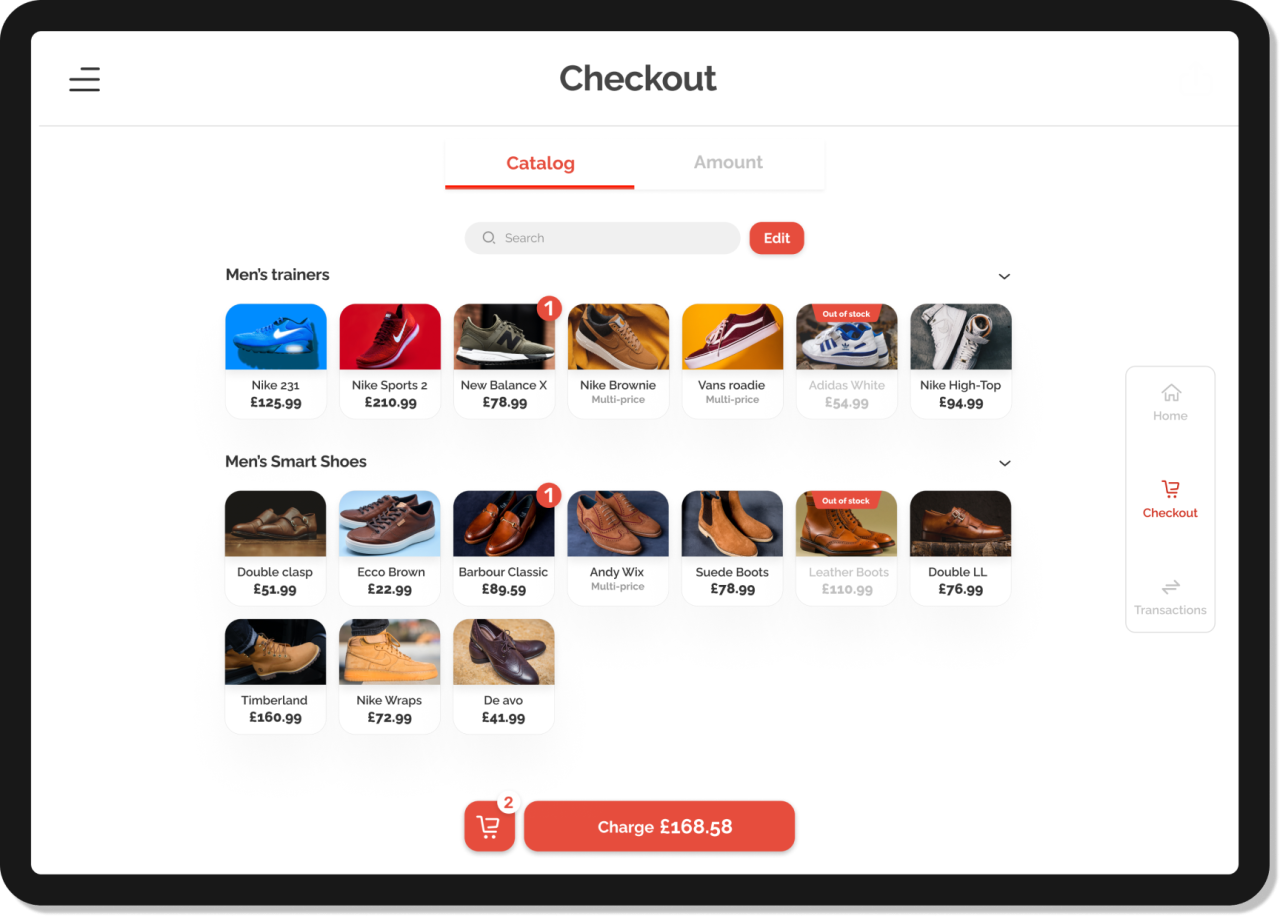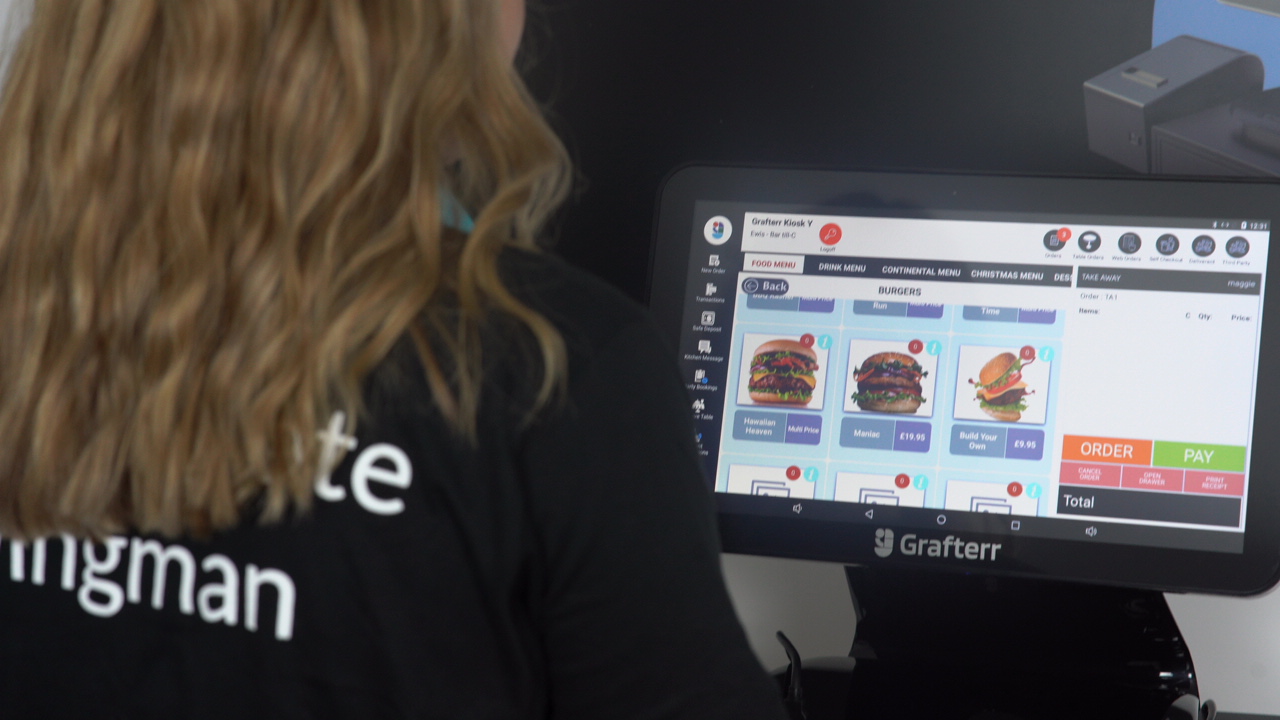In the lively retail world, technology, especially the Point of Sale (POS) system, is key in making shopping smooth and easy for customers. For retailers, who deal with sales, stock, and customer service daily, a good POS system helps manage all these aspects efficiently. It not only keeps operations running smoothly but also ensures that shoppers have a great experience. It’s crucial in helping retailers succeed in their business. Let’s dive into why the POS system is particularly vital for retail businesses.

1. Quick checkouts
In the dynamic environment of retail, time is of paramount importance both for the customer and retailer. A swift and seamless checkout process not only enhances customer satisfaction but also optimizes the workforce productivity of the business. Implementing a POS system facilitates quick barcode scanning, immediate price lookup, and expeditious payment processing, thereby reducing the wait time for customers. Furthermore, with options like contactless payments and e-receipts, POS systems embody technological advancements, ensuring that retailers stay abreast of industry standards and customer expectations.

2. Inventory management
A strategic POS system transcends its basic function, extending its utility to comprehensive inventory management. It diligently tracks sales, updates stock levels in real-time, and provides alerts for low-stock items, enabling retailers to make timely orders and manage inventory effectively. This enhanced inventory visibility reduces the risk of stock outs or overstock situations, ensuring optimal inventory turnover.

3. Happy customers
The significance of customer satisfaction cannot be overstated in the competitive retail landscape. A POS system acts as a repository of customer data, encompassing purchase history, preferences, and personal details. This treasure trove of information can be leveraged to personalize marketing strategies, ensuring that promotional communications are relevant and engaging. Loyalty programs, enabled and managed through the POS system, further enhance customer retention by rewarding repeat purchases and fostering a sense of appreciation among patrons.
4. Financial accuracy
Precision in financial dealings is paramount for maintaining healthy profit margins and ensuring fiscal responsibility. A POS system mitigates the risks of manual errors in calculations and ensures that financial transactions are accurate and reliable. Detailed sales reports generated by POS systems also provide insights into financial health, aiding in budgeting and forecasting.
5. Managing multiple stores
Scalability and centralized control are vital for retailers operating on a multi-store model. Cloud-based POS systems enable retailers to uniformly manage pricing, promotional offers, and inventory across all locations, ensuring consistency in customer experience. Centralized data also facilitates consolidated reporting, providing a holistic view of business performance and enabling top-level decision-making that takes into account data from all outlets.
6. Safety first
Data security is a predominant concern in an era steeped in digital transactions. POS systems, equipped with encryption and various security protocols, safeguard sensitive customer and financial data from cyber threats. This not only protects the business from potential financial and data losses but also preserves customer trust, which is paramount in sustaining long-term relationships.

Download your FREE app today and start selling instantly!
7. Easy growing
Business growth is synonymous with adaptation and expansion. POS systems are inherently scalable, ensuring that as the retail business evolves, the system can effortlessly accommodate increased transaction volumes, inventory varieties, and additional store locations. Moreover, its ability to integrate with various applications ensures that the POS system remains compatible with emerging technologies and business modules.
8. Integration capabilities
The ability to integrate with various tools and platforms, such as e-commerce websites, accounting software, and marketing tools, further amplifies the efficacy of a POS system. This integration ensures a unified operational flow, streamlining various business processes and enhancing managerial oversight.
Conclusion
Retailers find themselves amidst an era where technological incorporation is not a choice, but a necessity for survival and growth. A robust POS system stands as a beacon that illuminates various operational pathways, ensuring efficiency, accuracy, customer satisfaction, and ultimately, sustained profitability. With each aforementioned point, the irrefutable value of a POS system in the retail space becomes increasingly apparent, showcasing its integral role in fortifying and propelling retail businesses towards a future marked by technological prowess and customer-centric operations.





